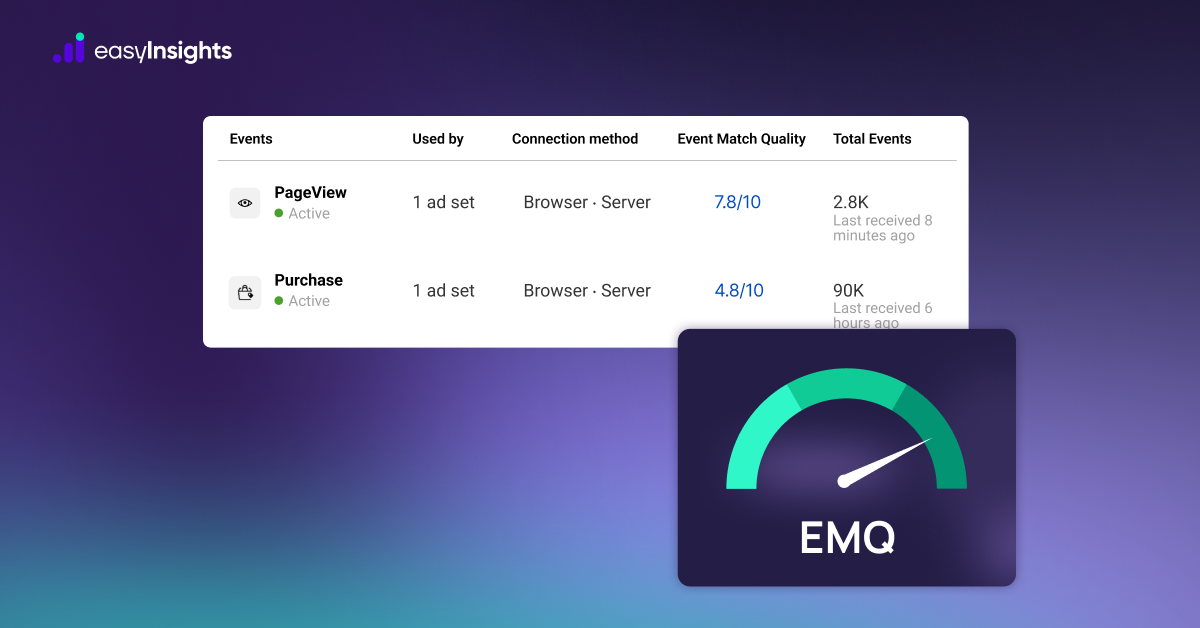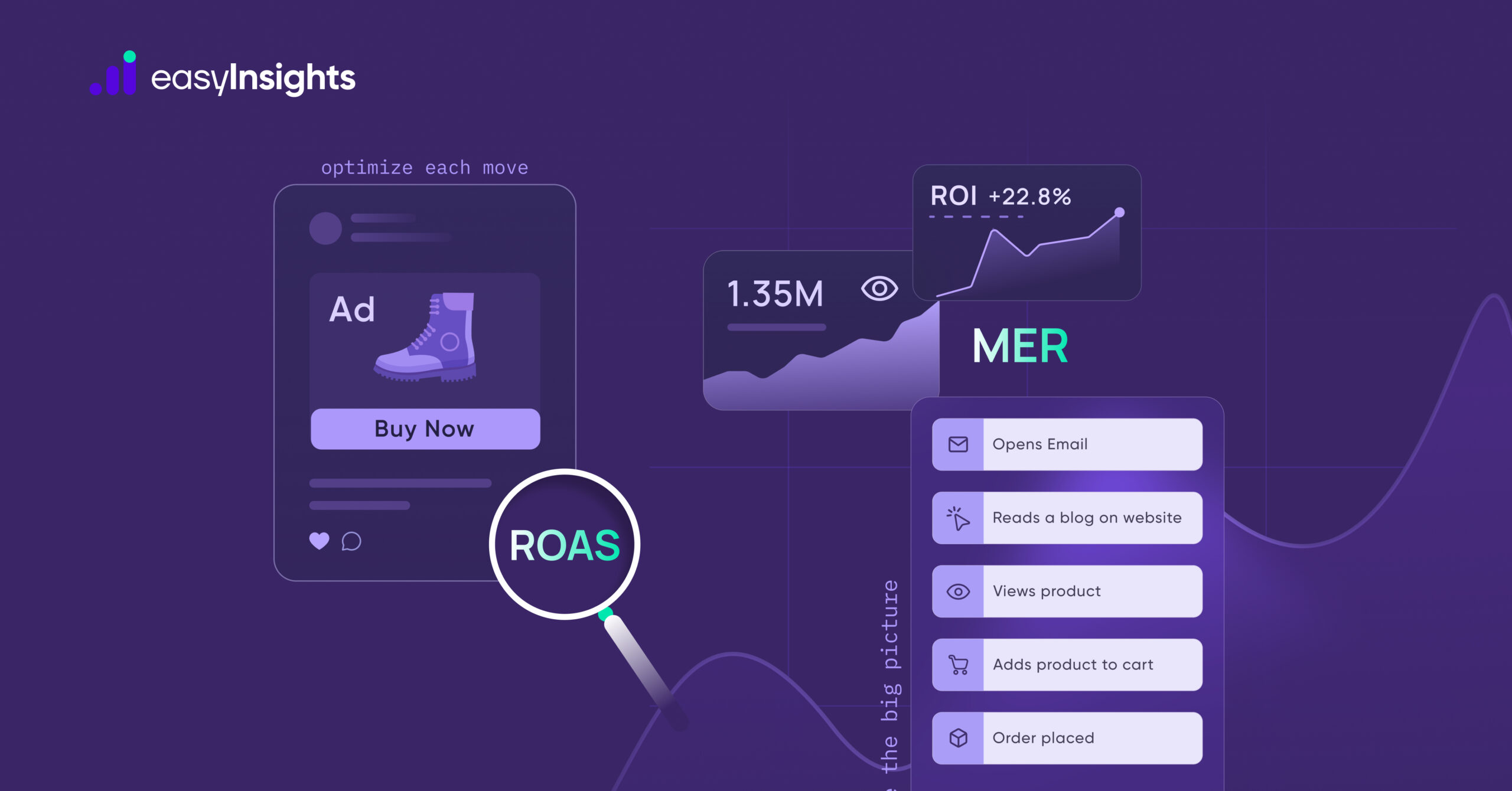
Marketing is about creating and selling a product or service that meets the needs of a group of people or the market. Today, companies spend more money on marketing alliances and venture partnerships than advertising. This is why partnership marketing is growing rapidly.
This blog will look at all the different aspects of partnership marketing practice, the different types, and how to make partnership marketing work.
Jump ahead to:
What is Partnership Marketing?
Partnership marketing is a form of marketing in which two or more businesses come together to share their resources. This can be anything from co-branding a product to sharing ad revenue or offering each other’s products or services to increase revenue.
You might have heard of many success stories like Google and Apple offering free Gmail storage and iTunes songs on purchase of Google Pixel or Spotify collaborating with Lyft so that passengers can listen to music on the ride. These are some examples of partnership marketing.
How is it Different from a Business Partnership?
The first thing to understand is that partnership marketing is a promotional strategy. It’s when two companies collaborate to promote their brands together. The second company (the one whose brand you promote) has a product that complements your business. You can combine both businesses’ products and services into one package.
These promotions can be done in many ways, from providing coupons for each other’s products and services to physical stores giving away complimentary items with every purchase. For example, if you went into a grocery store and there was an offer for free chocolate chip cookies with every gallon of milk purchased – this would be an example of partnership marketing.
Purpose of Marketing Partnership?
A marketing partnership aims to increase reach and exposure, create more content, get more customers, increase revenue, raise brand awareness, and get more social followers.
Benefits
● Increased visibility: Partnering with other companies is a great way to promote your brand and increase your visibility in the market. In fact, for small businesses, it’s one of the best ways to reach a wider audience.
● Growth in the customer base: Through a strategic partnership, you can reach customers from your partner’s business. You can also gain access to their existing customer base, which will allow you to grow your customer base. This is especially beneficial for new or small businesses looking to expand their customer base quickly.
● More revenue: When you work with another company to jointly provide your products or services, you can effectively double your revenue streams and generate more profit for both companies involved.
● Increase in credibility: When you partner with another brand, it instantly increases your credibility in the market because people will see that you are associated with a reputable company and trust you enough to work with you on different projects and campaigns.
What are the Downsides?
Partnership marketing also has downsides. For example, you need to ensure that your brand message is communicated appropriately. You’ll have less control over the relationship than traditional marketing channels and mediums. So, there’s greater potential for brand misalignment or confusion. Some of the other drawbacks of partnership marketing include:
● You may experience conflicts of interest due to competing priorities between your business and the partner.
● There are confidentiality risks when sensitive information about a product or service is shared with a third party.
● Partnerships can be hard to measure in terms of ROI (return on investment). ● Lack of transparency is another concern. It may be more complicated than anticipated to get clear insights into what’s happening behind the scenes within a partnership.
Finally, it’s important to note that not all partnerships are good fits for your business and its goals. As mentioned earlier, both partners’ objectives must align with their values and culture. If these things are out of whack, then you might have problems down the line that could lead to conflict or even damage your brand reputation.
Types of Partnership Marketing
● Affiliate marketing
● Co-marketing
● Cause marketing
● Referral marketing
● Strategic alliance
● Digital marketing
● Influencer marketing
● Event marketing
Click here to learn more about types of partnership marketing.
Partnership Marketing is a Highly Effective Strategy for Rapidly Increasing your Brand Awareness
Partnership marketing is a highly effective strategy for rapidly increasing your brand awareness and growing your audience. It can complement any marketing activity you engage in and benefit from gaining access to your competitors’ audience or earning additional revenue streams.
By partnering with other non-competing businesses that offer similar services, you and your partner will tap into each other’s audiences. Thus, it’ll allow both businesses to grow faster.








